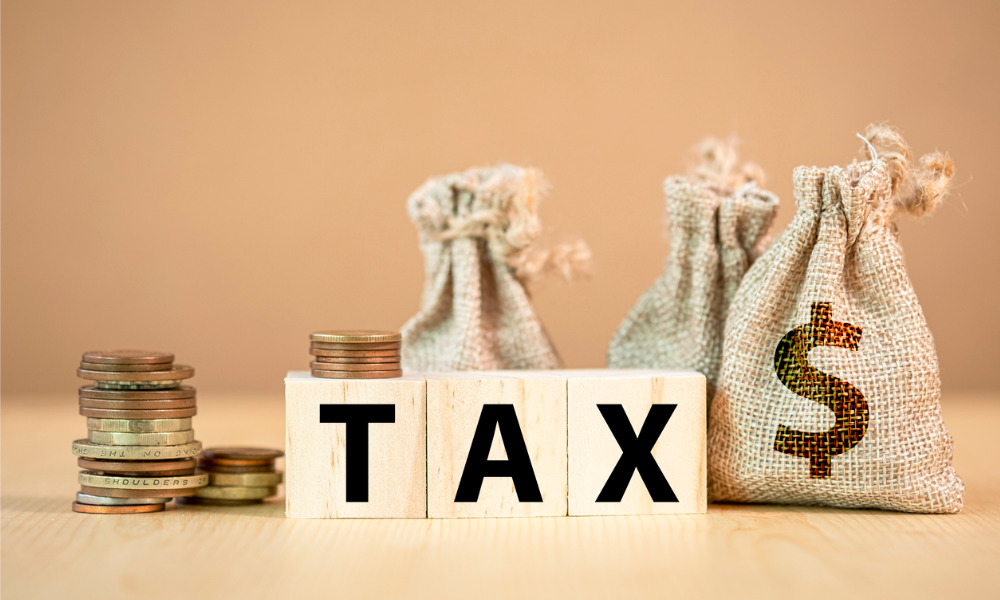The government announced several new measures in its fiscal update

Among the many measures announced in Monday’s fall economic update, is a new tax on digital services businesses.
Federal finance minister Chrystia Freeland said that Canada would implement the new taxation from January 2022 in lieu of a global plan on how big tech in particular should be taxed.
The pandemic has led to a further boom for the big tech sector in 2020.
“Canadians want a tax system that is fair, where everyone pays their fair share,” she said. “Canada will act unilaterally, if necessary, to apply a tax on large multinational digital corporations, so they pay their fair share just like any other company operating in Canada.”
There has been long-held concern around the world that the largest tech firms, including the FAANGs, make billions of dollars in each jurisdiction where they operate, but pay only small percentages in domestic tax.
Under the Canadian government’s plan, there will also be a requirement for foreign businesses operating apps and other digital services in Canada but without a physical presence here, to start collecting sales taxes on their products.
Short-term accommodation services, such as Airbnb, will also be impacted with users required to add sales taxes to their rental fees.
Taxing digital services firms is expected to bring in around $3.4 billion in extra tax revenue over five years.
Stock options
The finance minister also announced a new curb on stock options from July 2021.
A new limit of $200,000 will be imposed on stock options taxed at a preferential rate in a move designed to stop an unfair advantage for “high-income individuals employed at large, long-established, mature firms,” the finance minister said.
There was no definition given for the individuals referred to but startup firms will be exempt, recognizing that they often don’t have cash to pay large salaries and offer stock options instead. Canadian controlled private corporations will also be exempt.



